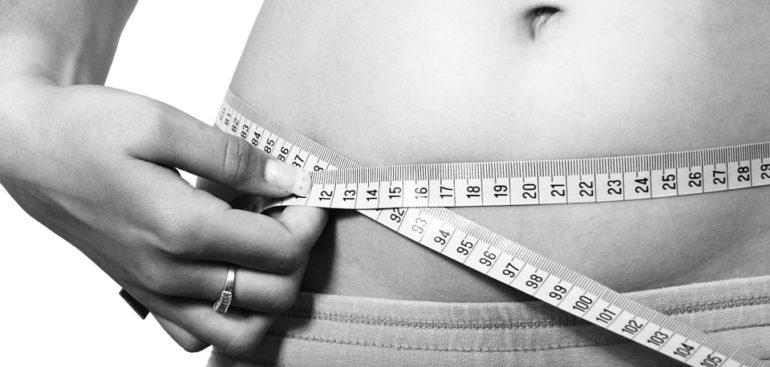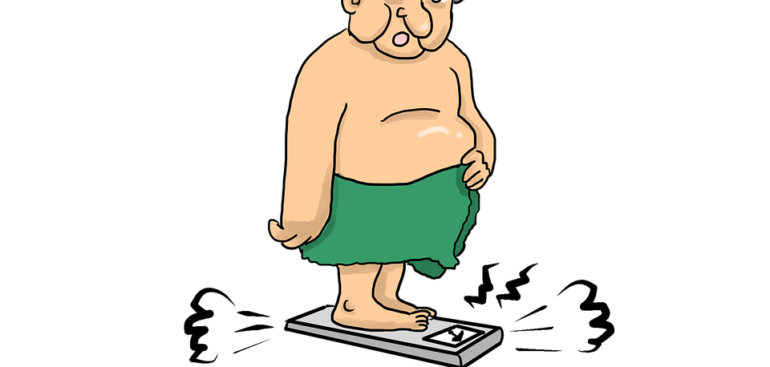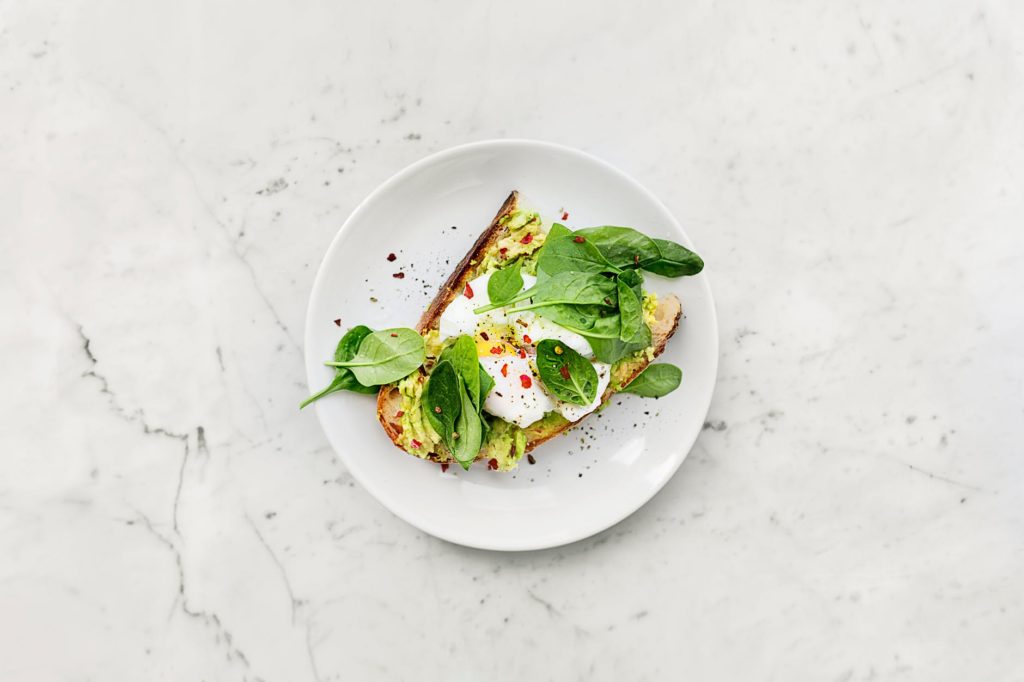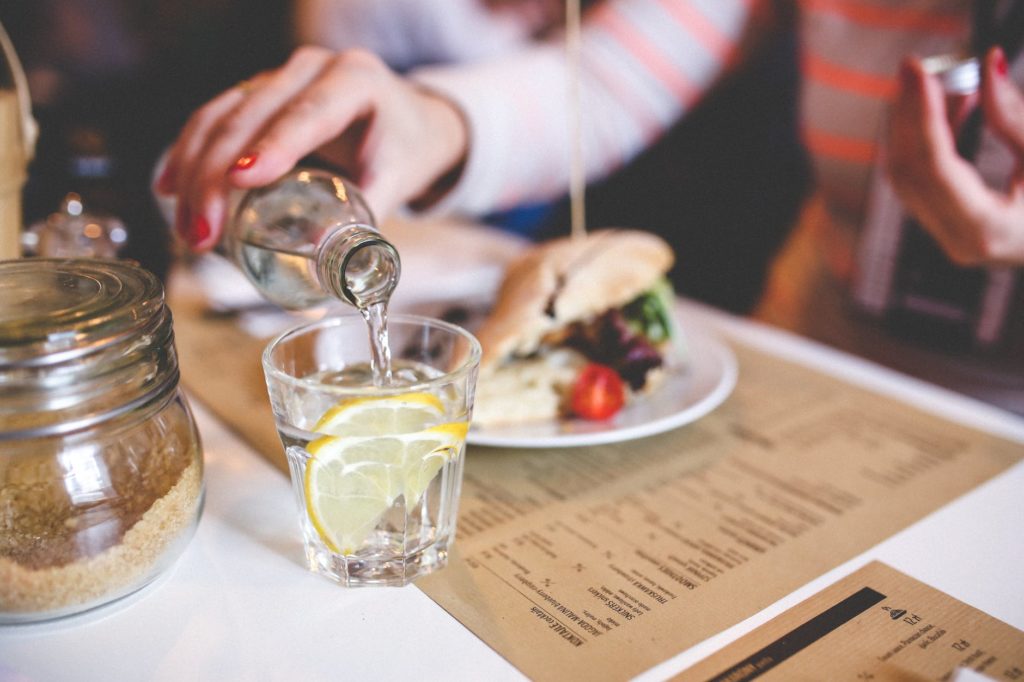Working as a personal trainer in Toronto, one of the most recurring questions I hear is “How do I get rid of my stubborn belly fat?”.
Before I answer that question, I want to clear a couple things up.
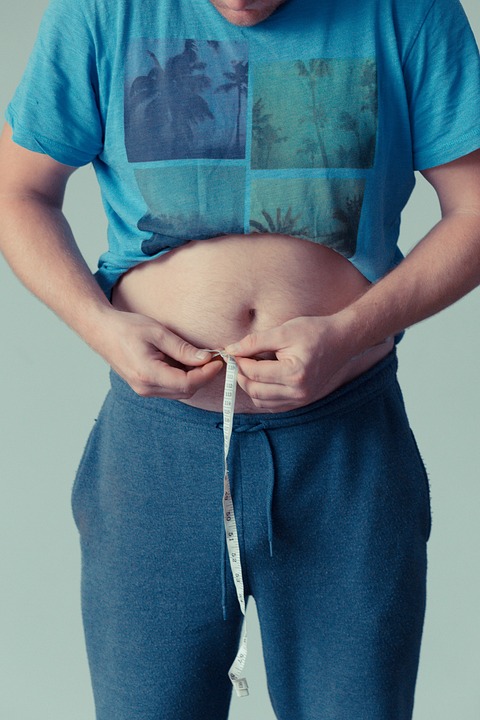
Stubborn Fat
To be frank, if you have 25, 30, 40+ lbs of fat to lose, it is not “stubborn” fat, it’s simply fat.
Stubborn belly fat would be referred to an individual who is already somewhat lean, but they still have that last layer of belly fat.
It seems like for whatever reason, that’s where the body prefers storing it and try to preserve it more acutely.
Or someone who is the skinny-fat body type. Skinny-fat refers to an individual who looks quite small, with no muscle clothed, yet carries some fat usually around belly, chest and lower back areas when naked.
Another example would be a bodybuilder or fitness competitor dieting down for a show and there’s still a layer of fat around the belly, lower back or glutes hanging on for dear life. That would be a stubborn area to eliminate fat from.
Spot Fat Reduction
Spot fat reduction is an age-old fitness myth and whoever claims to have the magic formula for spot reducing fat is trying to sell you something.
If I were you, I wouldn’t buy it.
Unfortunately, we don’t have the luxury to pick and choose where we lose body fat from.
The body works as a unit. That means it loses overall body fat from burning more energy than it is given.
Our fat deposits are genetically predisposed.
The same order we tend to gain the fat on our bodies is the same way we tend to lose it.
Some individuals have visible abs even at close to 15% body fat, others have a hard time seeing it even at 10%.
Other causes of stubborn fat deposits are:
- Cortisol
- Insulin
- Estrogen
- Testosterone
- Growth hormone
- Thyroid
If you are starting to notice some new belly fat storage that you haven’t had previously or other areas such as thighs, lower back “handles”, chest or hips then it’s best to get your blood work done and take a look at your hormones.
Age, chronic stress or both can have a significant impact on your hormone levels which have an impact on fat storage as well.
So what’s the secret to torching the last layer of that stubborn belly fat?
Well, there is no secret. Unfortunately, there is no magical way of doing it.
Here’s the truth instead.
The longer we diet down and the leaner we become, the more our bodies will start fighting back with the goal of preserving the remaining fat as a survival mechanism.
If you are at a point where fat loss has plateaued and the last layer of belly fat is being stubborn, the answer is persistence.
Now, I know it’s not the sexy, magical trick you’d hope for but it is the truth.
The only way to get rid of stubborn belly fat is to continue dieting and being persistent.
However, here are a few factors to consider:
Calorie Intake
Firstly, take a look at your caloric intake.
If all you’re eating is salad leafs and shredded walnuts, it is no bueno.
Eating a low calorie diet will tremendously decrease your metabolism making it quite difficult to lose any substantial amount of fat, especially the stubborn areas.
Having a slow metabolism creates an environment where your body’s survival mechanism will be heightened and fighting to preserve the remaining fat stores.
If that’s the case, slowly work your way back up in calories and restart your fat loss program.
This time, keep the calories only in a slight deficit and increase energy expenditure through other means instead (workouts,cardio,etc.).
Two steps forward, one step back
Secondly, If you’ve been on a weight loss program for longer than 12 to 16 weeks, it would be wise to take a break.
Start increasing your calories and give your body a break for a couple of weeks.
Fat loss (or muscle building) doesn’t happen in a linear curve.
There are many mechanisms and hormonal processes involved in making a physique transformation.
At a certain point (anywhere between 8 to 16 weeks), the body will require a break to re-adjust itself.
After the break, go ahead and restart the fat loss program. You should get past your plateau this time around.
Switch things up
Another recommendation is to change up a fat loss variable.
If you have some calories left to decrease, do so.
Possibly implement an extra HIIT session every few days or ramp up the intensity of your workouts.
Often, an extra push from one of these variables is all your body needs to start tapping into those stubborn fat areas to use them as fuel.
The body adapts fairly quickly and it requires constant adjustments in nutrition and/or workout regimen to continue making progress and avoid plateaus.
Final Words
The main point that I would like to get across is the fact that we cannot choose where we lose our body fat from.
The body is genetically predisposed to storing and dropping fat from specific areas which we have no control over.
What we do control however, is losing overall body fat through proper nutrition and intelligent training.
With that in mind, it’s simply a matter of time and persistence before the stubborn belly fat starts melting off.
So keep following your nutrition plan, training hard and you’ll succeed.
Primal Breed is committed to providing you effective personal training in Toronto, helping you lose unwanted weight permanently and build lean muscle for life.

